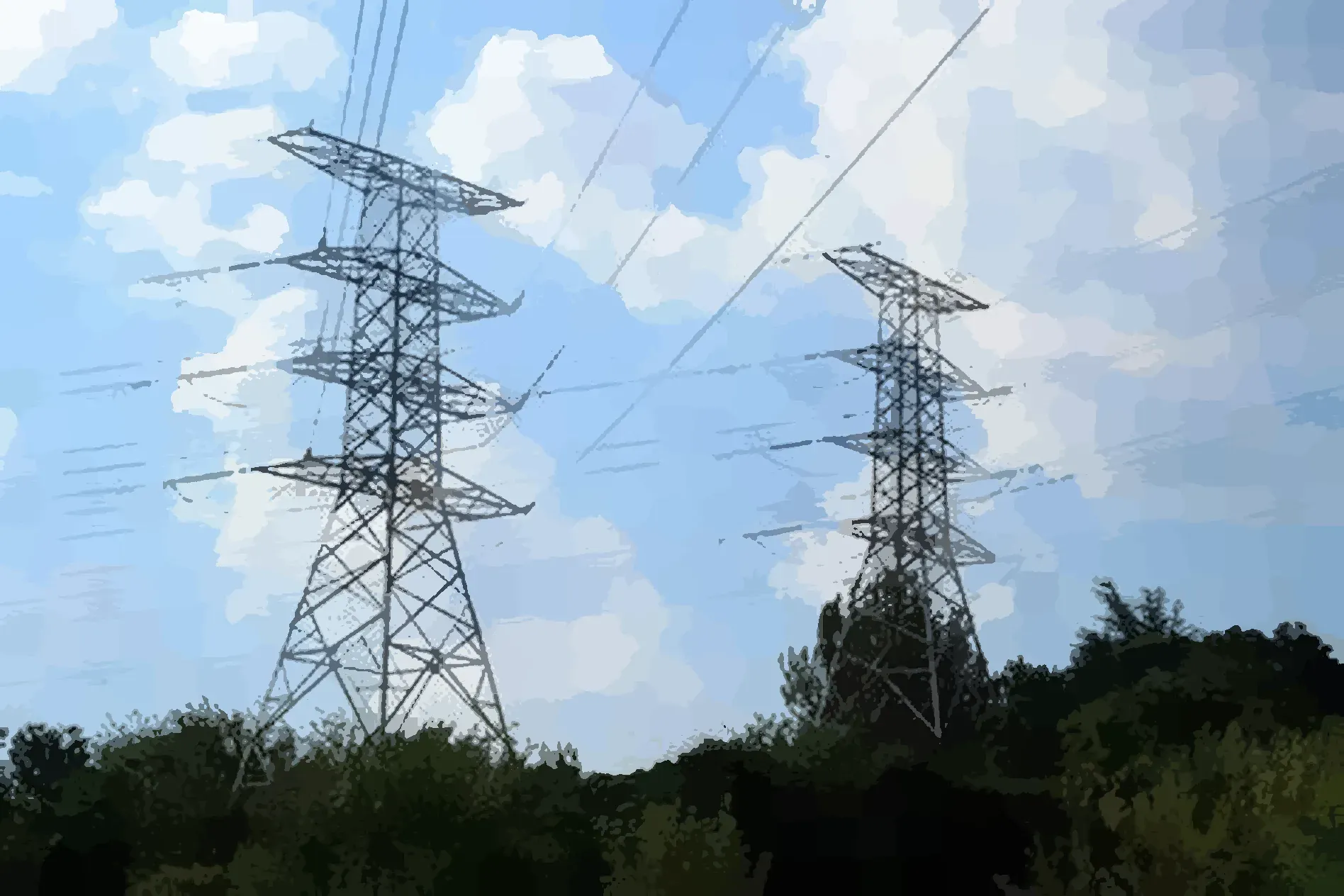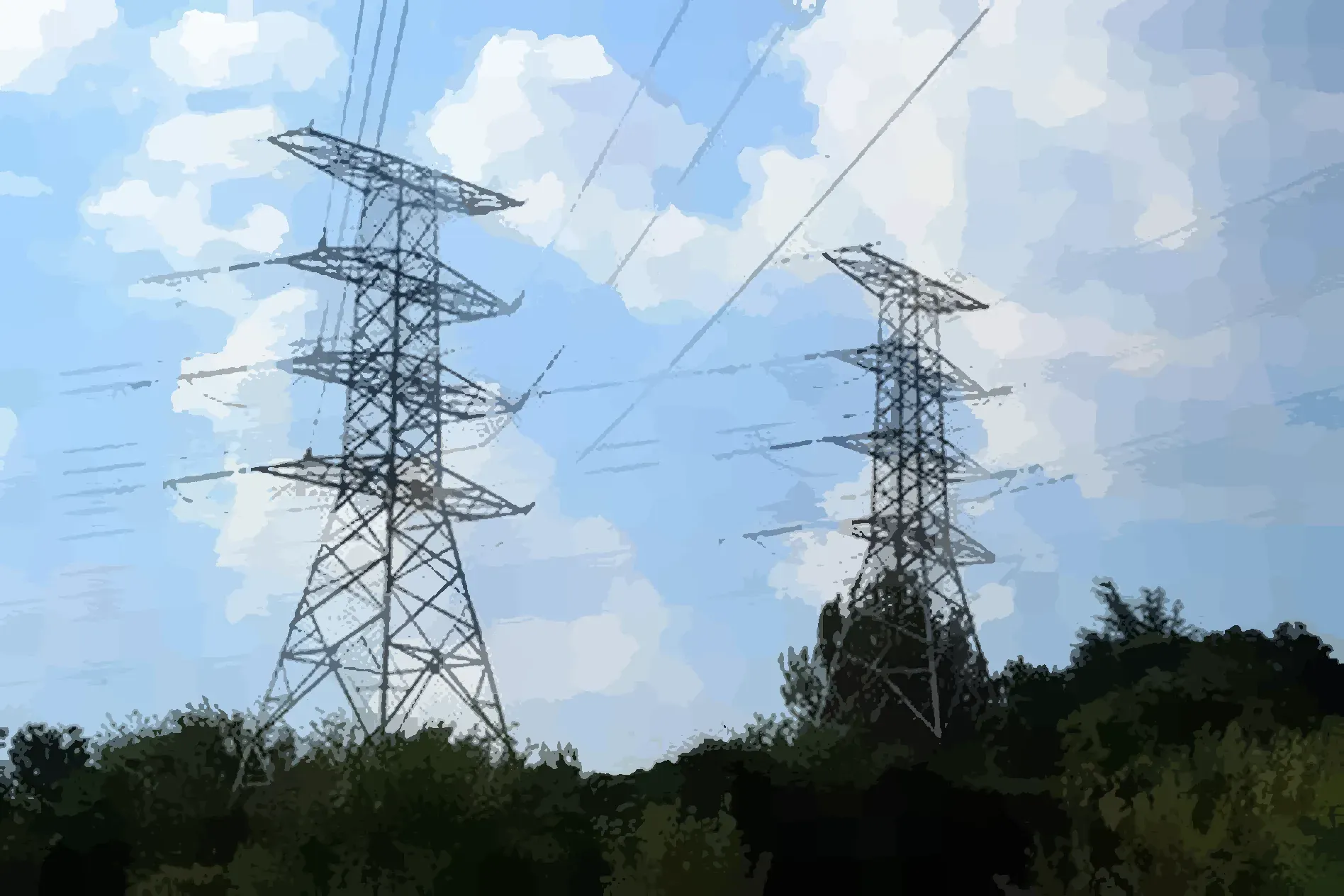
The Many Dimensions of Energy
Gareth Wyn Jones, Emeritus Professor at Bangor University, formerly Director, Centre for Arid Zone Studies and Chief Scientist, Countryside Council for Wales, argues that humanity's over-use of energy as such, rather than simply its reliance on fossil fuels, drives global warming and much else.
The fundamental policy presumption is the continuation of the current socio-economic model, based on continuous material growth with concomitant and increasing demands for energy and other planetary resources. This approach is embedded in the UNCOP process and, to an extent, in the IPCC deliberations.
A number of commentators, including heterodox economists, are challenging this view and the feasibility of indefinite GDP growth. Variously, green growth, doughnut economics, eco-socialism and, more radically, no and de-growth are being advocated. Some authors, reviving the earlier insights of Bob Ayres and others,3place energy supply at the core of their analyses and recognise that economic growth, as currently practiced, is a function of energy and its exploitation and that such growth cannot continue indefinitely.
Here I am advancing another, arguably more fundamental, set of propositions about the relationship of humanity’s current dilemma to energy use, work and power.
A wealth of evidence from a range of disciplines underscores the central role of ‘energy’ not only narrowly in the market economy but to all aspects of life. I will argue that many of the problems of 'advanced' societies, such as our own, arise from their dependence on an accelerating exploitation of energy per se irrespective of its source and on ever-more rapidly evolving technologies. Some of these, such as computing and its infra-structure, incur a heavy energy demand. The consequential problems, indeed these addictions, are manifested not only in growing complexity. And in an accelerating rate of change. In economic inequality, in 'silo' effects, in social divisions and alienation and in a mounting ambivalence towards our inherited democratic institutions.
In this essay I locate AGW at the apex of the millennial history of planetary energy exploitation and in doing so, challenge the conventional wisdom alluded to above. I assert that energy, more properly ‘free energy transformations’, lie at the heart of both evolutionary history and modern human society, including, of course, our civilizations, our great cities and our global economy. Further, humanity’s problems cannot be understood or mitigated without an appreciation of the fundamental relationships between energy transformations, work, power and complexity in both the biological and human spheres.

I will first outline briefly the background in the physical, biological and behavioural sciences, expanding on the analysis in my book “Energy The Great Driver” 4before turning to the impacts of energy-driven power and complexity on human wellbeing and culture, in general, and AGW, in particular.




